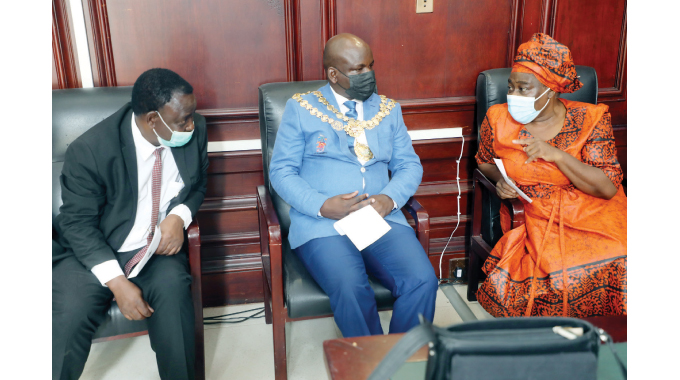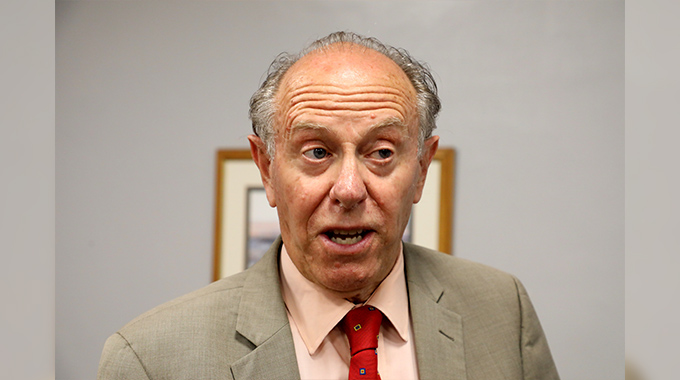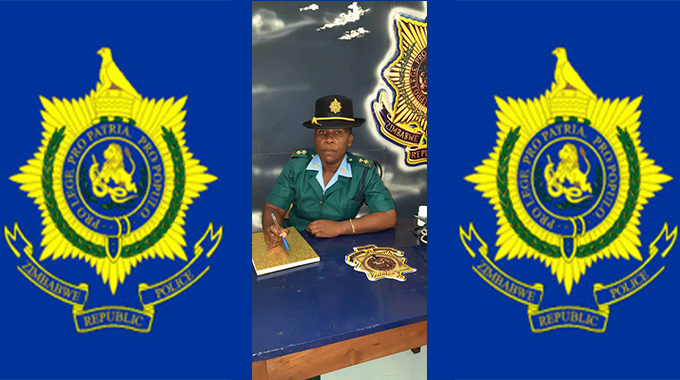COMMENT: Election observers are most welcome in Zimbabwe

THE role of observer missions during elections can never be over-emphasised.
Elections are the most important ingredient in any democracy and observer missions ensure transparency, accountability and improvement of elections.
Observers make recommendations that shape the future of elections and the choice of electoral systems.
They also ensure that women, the youth and vulnerable groups are not left behind in electoral processes.
Observer missions also analyse the playing field to see whether it is fair for all parties and that the media is providing equal or adequate coverage.
It is against this background that the Zimbabwe Electoral Commission (Zec) has invited observers ahead of the March by-elections which will see 117 local authority and 28 National Assembly seats up for grabs.
Most of the seats became vacant following recalls of MDC-Alliance members after a Supreme Court verdict that Nelson Chamisa illegally assumed the leadership of the opposition party.
Polling in other areas has been necessitated by the death of MPs and councillors.
President Mnangagwa last Thursday proclaimed March 26 as the day for holding by-elections to fill vacant Parliament and council seats.
Zec has since gazetted the election observer fees which will see local observers and local media accredited with Zimbabwe Media Commission paying US$10 or equivalent using the bank rate.
It said observers from the African continent will pay US$20 while observers from foreign Embassies in Zimbabwe will pay US$50.
Journalists from international media houses will also pay US$50 accreditation fees while observers from outside Africa will have to part with US$100.
According to the United Nations: “Election observation is a valuable tool for improving the quality of elections.
Observers help build public confidence in the honesty of electoral processes.
Observation can help promote and protect the civil and political rights of participants in elections.
It can lead to the correction of errors or weak practices, even while an election process is still under way.
It can deter manipulation and fraud, or expose such problems if they do occur.
“When observers can issue positive reports, it builds trust in the democratic process and enhances the legitimacy of the governments that emerge from elections.
Election observation by domestic groups encourages civic involvement in the political process.
Following elections, reports and recommendations by observer groups can lead to changes and improvements in national law and practice.”
The invitation extended by Zec to observers, is testimony of the fact that the electoral management body has nothing to hide.
The re-structuring of Zimbabwe’s electoral management system in 2004 was based on recommendations by the Electoral Supervisory Commission, political parties and civil society organisations.
Zec was then established as an independent body in line with the recommendation in the Sadc Principles and Guidelines Governing Democratic Elections.
Zec was constituted in terms of Chapter 12 Section 238 of the Constitution of Zimbabwe and like any electoral management body in the world, keeps improving with every election.
Observers have played a critical role in the transformation of Zec and are most welcome in Zimbabwe as long as they remain impartial and true to their mandate.
This is why Zec has invited observers.
They are also part of the democratic process.
And Zimbabwe is indeed a true democracy.











Comments